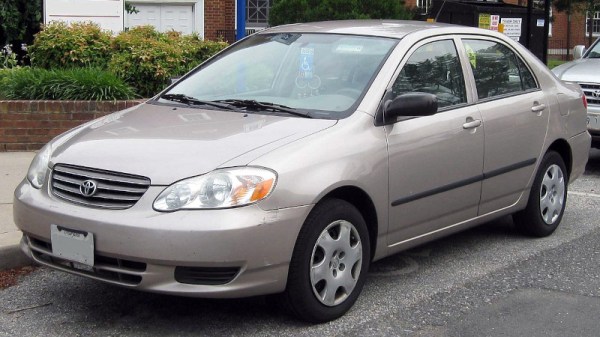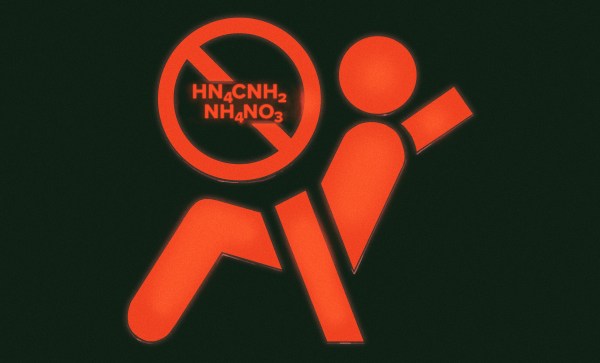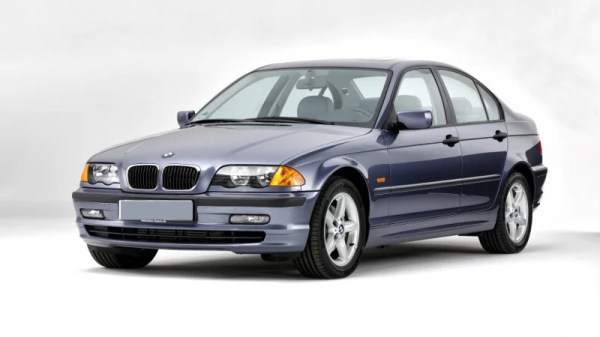The automotive industry is subject to frequent product recalls, as manufacturers correct defects in their vehicles that reveal themselves only after some use. While such events may be embarrassing for a marque, it’s not necessarily a bad thing — after all, we would rather put our trust in a carmaker prepared to own up and fix things rather than sweep their woes under the carpet.
There’s one recall that’s been going on for years which isn’t the vehicle manufacturer’s fault though, and now it seems Toyota are the latest to be hit, with some vehicles as old as two decades being part of it. Long time Hackaday readers will probably recognize where this is going as we’ve covered it before; at its centre are faulty airbag charges from Takata, and the result has been one of the largest safety related recalls in automotive history.
An automotive airbag is a fabric structure inflated at high speed by a small explosive charge when triggered by the sharp deceleration of an incident. It is intended to cushion any impact the occupant might make upon the car’s interior. The problem with the faulty Takata units is that moisture ingress could alter the properties of the charge, and this along with corrosion could increase its power and produce a hail of metal fragments on detonation.
Our colleague [Lewin Day] has penned a series of informative and insightful investigations of the technology behind the Takata scandal, going back quite a few years. With such relatively ancient vehicles now being recalled we can’t help wondering whether it would be easier for Toyota to run a buyback scheme and take the cars off the road rather than fix them in this case, but we’re curious as non automotive safety engineers why the automotive airbag has evolved in this manner. Why is one of very few consumer explosive devices not better regulated, why is it sold with an unlimited lifetime, and why are they not standardized for routine replacement on a regular schedule just like any other vehicle consumable?
2003-2004 Toyota Corolla: IFCAR, Public domain.













